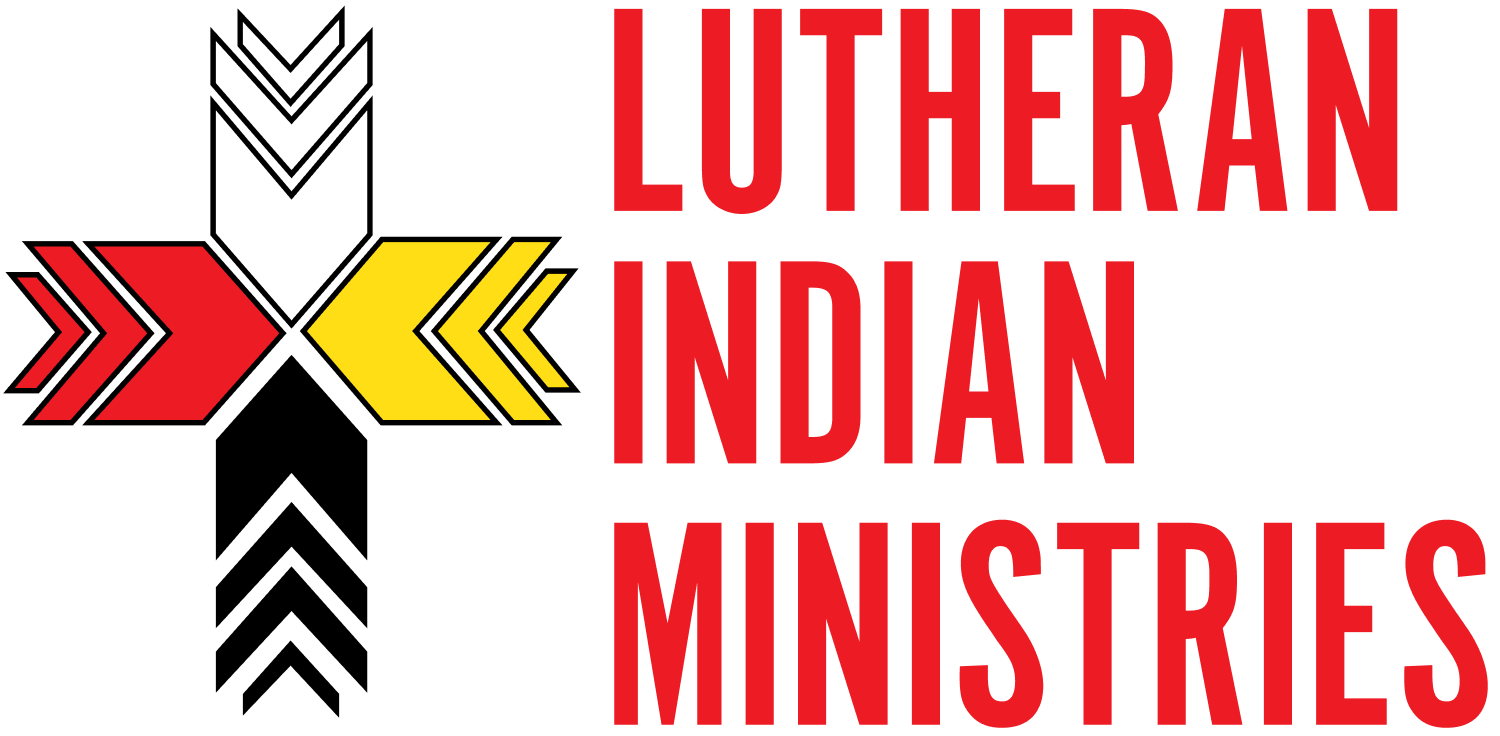This Week in Native American News (8/11/17): Indigenous Peoples Day, New Laws, and New Wine
August 11, 2017
Celebrating Indigenous Peoples
Photo from article: LA Times
With International Day of the World's Indigenous Peoples observed on Wednesday, it celebrates the achievements of advocates, leaders and native nations whose efforts helped indigenous peoples become a permanent part of the international community and underscore the importance of their participation in politics.
On that day 35 years ago, indigenous leaders were given the opportunity to participate in United Nations efforts to develop standards to advance and defend the human rights of indigenous peoples.
Thirty-five years is a relatively short period given the centuries-long history of violence against indigenous communities. The unprecedented changes that indigenous politics produced in the legal treatment of native populations and to the U.N. system, over such a limited stretch, makes indigenous advocacy an astounding political phenomenon.
Today, indigenous politicians influence policymaking in most areas of social and economic development at the U.N. Their advocacy is particularly prominent in the area of environmental protection. The growing network of more than 40 intergovernmental agencies promotes indigenous rights and supports indigenous political participation through policy and projects that allow them to strengthen the skills, development and resources of their communities.
Read the full story here
Sexual Crime at Epidemic Rates
Photo from article: Alaska Dispatch
Alaska's sexual crime rates are three times higher than the national average, and child sexual assault rates are six times the national average. A 2016 state report confirms that, disproportionately, victims of sexual violence are between 11 and 17 years old, from Western Alaska or the Anchorage Bowl, and were attacked by someone they knew. According to the FBI Uniform Crime Report, 59 percent of Alaska women report having experienced sexual violence. Native Alaskans make up 61 percent of rape victims in the state, making Alaska Native women 9.7 times more likely than other Alaskans to be victims. Remarkable though they are, these numbers are by all accounts conservative, as the reported assault rate comprises only a portion of the overall rate of incidents.
"For too many years," Walker wrote, "Alaska has been plagued with high rates of domestic violence and sexual assault. Solving these problems will require a multi-pronged approach across many departments addressing victims, perpetrators, families, and bystanders."
Walker is right. The causes of sexual violence in Alaska are complex and ingrained, and redressing the multidimensional social problems that underlie such violence will require maximum coordination among networks of government agencies, nonprofit organizations, community groups and individuals. This is why the governor should immediately declare a sexual assault state of disaster in the state of Alaska.
Read the full story here
When the cause of both health and mental problems is from sexual assault, they should be addressed together.
Alaskan Organization is doing just that.
And in Australia, doctors are taking into consideration culture when it comes to health advice.
Native American Arts Getting a Boost
Photo from article: Artsy
Check anyone’s Instagram feed from Coachella this year (or last, or the year before) and you’re likely to see feathers, beads, and moccasins. Urban Outfitters sold Navajo Hipster Panties. And the Santa Fe Indian Market (SWAIA) drew more than 175,000 people since 2014, who collectively spent $140 million, up from $100 million in 2007, according to Nocona Burgess, current SWAIA artist and former board member.
Clearly, there’s a demand for the Native American aesthetic—so why do so many Native Artists have trouble connecting with the market?
The answer is complex. Native Americans have experienced a long history of dispossession and marginalization from the earliest days of the American settler project. But a number of nonprofits working across the Midwest and the Northeast are working to help Native American artists connect with the growing market for their work, helping alleviate poverty and support their craft and artistic traditions.
Read the full story here
Navajo Criminalizes Trafficking
Photo from article: Indian Country Media
Navajo President Russell Begaye on August 7 signed the Navajo Nation Law against Human Trafficking, signaling his commitment to take a stance against an international crime that targets some of the world’s most vulnerable populations. The law, which amends the tribe’s criminal code, also calls for cooperation among government and civil institutions to define, prevent and combat the illegal “transporting, trading or dealing” of people.
“This is about strengthening our laws and collaborating with county, state and federal officials to stop the trafficking of our people,” Begaye said in a phone interview. “We are starting to see more missing children and teens, especially on the major corridors. We need to put families on alert so they know the issues, and we need to make sure all our people are protected.”
Read the Full Story Here
First Native American-Grown Wine Released
Photo from article: KRQE
The first Native American-grown wine is about to hit the shelves and it’s made in the Albuquerque area at a unique 30-acre vineyard.
“It’s an amazing success — probably one of the best vineyards in New Mexico for the second harvest so I’m very very excited about it,” Gruet Winery winemaker Laurent Gruet said.
It’s a joint partnership between Santa Ana Pueblo and Gruet Winery to make the Gruet 2016 Tamaya Rose from pinot noir grapes.
The winemaker said the sweet wine was created by mistake.
Read the full story here
It's hard to fit so much news in such a small space.
To read all of this week's news, visit the LIM Magazine.
Sign up to get these emails in your inbox and never miss a week again!







